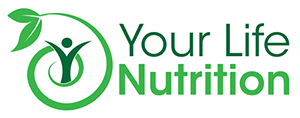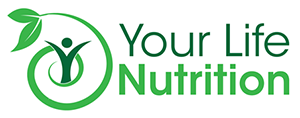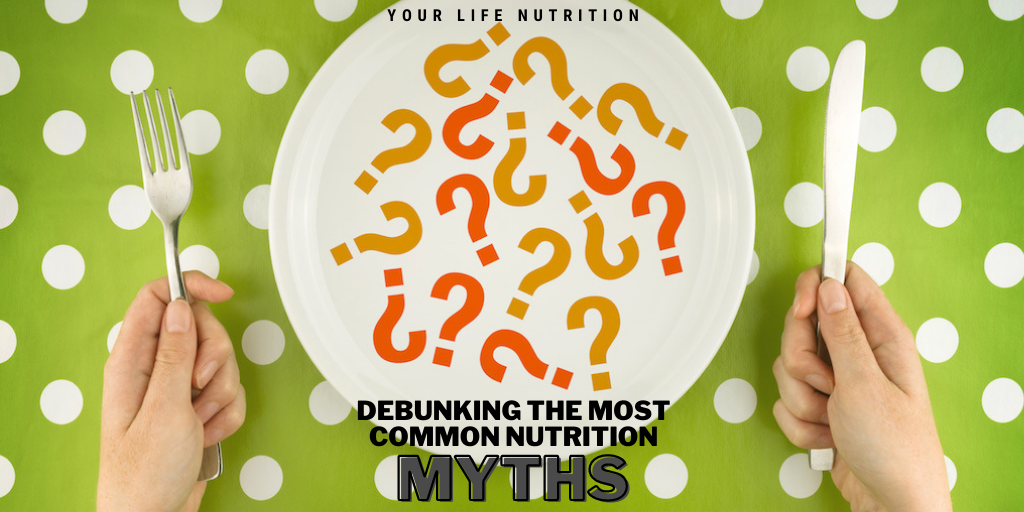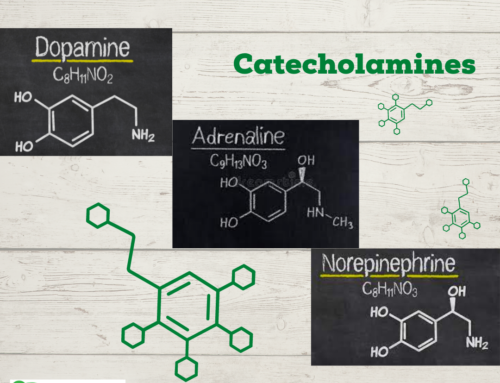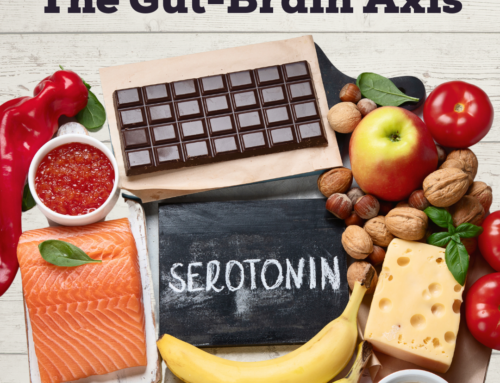How many times have you heard claims such as “carbs and bread are bad for you and will cause you to gain weight?” Did you happen to believe these claims word for word?
There are a plethora of myths and misconceptions that exist in the world of nutrition, mainly focusing on weight, calorie, and quality-related topics. These myths are often shared by unqualified and misinformed individuals, groups, or social media influencers and are continued to be spread as more people are exposed to them and feel as if they should share this “helpful” information.
Now is the time to address some of those myths and prove them wrong with the facts!
1.Eating after 8PM causes weight gain…
Your body does not flip a switch where automatically, “any food or drinks (excluding water) eaten after 8PM will cause weight gain.” The manner in which people gain weight is due to more calories coming into the body than being burned. Eating more than what the body needs either by consuming calorically dense foods or having larger portions as a result of mindless eating will result in gaining weight. Simply put, what you eat makes the difference, not when you eat.
2. Carbs and bread are bad for you and cause weight gain…
Carbohydrates are an essential macronutrient that our bodies need daily which for the most part, provide energy. Your brain requires a minimum of 130 grams of carbs per day to function properly! Eating the proper portion sizes of carbohydrates can be healthy, but when overindulging occurs, weight gain and stronger cravings may result.
Instead of consuming refined or simple carbs, choose more complex carbs such as:
- Whole grains
- Fruits and vegetables
- Legumes, beans, lentils
Referring back to the concept of “what you eat and how much of it” playing a significant role in weight gain, eating bread will not cause weight gain unless more bread is consumed than what is necessary and is putting you in a caloric surplus. Choosing breads that are 100% whole wheat or whole grain provide more vitamins and minerals, and can be a good source of fiber, as well as protein.
Here are a couple of tips for choosing 100% whole wheat or whole grain breads:
- Look at the first ingredient, if it is “whole-wheat” or “whole-grain” and the package says 100%, the loaf of bread is entirely whole-wheat or whole-grain
- To help reach your daily fiber goals, try to choose a 100% whole wheat or whole grain bread that has at least 2 grams of dietary fiber per serving
- Keep in mind that multigrain, honey wheat, and wheat varieties are NOT necessarily 100% whole grain
3. Snacking is not good for you and should be avoided if you want to lose weight…
Contrary to popular belief, snacking throughout the day can be a great way to help control hunger, calorie intake, and portions when the time comes for an actual meal! If your next meal is 4-5 hours after your most recent meal, having a snack can help engage ourselves in mindful eating when the next meal comes along. In addition, snacking when we are actually hungry between meals can help heal our relationship with food and respect our body’s hunger cues.
Stick to snacks that have:
- 100-200 calories
- ≥ 3 grams of fiber
- ≥ 5 grams of protein
Another helpful tip is to pair a protein or fat source with a carb or veggie! Pairing foods that provide different nutrients will create a balanced snack that is more likely to hold you over until the next meal, rather than eating a handful of regular potato chips.
Example: Light string cheese and a medium apple as a snack has ~150 calories, ~4.5 grams of fiber, ~7.5 grams of protein, ~2.5 grams of fat, and ~25 grams of carbohydrate
4. Doing a juice cleanse will remove the toxins from your body…
Unfortunately, juice cleanses have grown in popularity over the past years, especially in the younger generations. People often resort to these cleanses as a quick weight loss method and to speed up the removal of toxins in their bodies. Our bodies naturally get rid of toxins using the kidneys, liver, and colon, so there is no need to invest and participate in a juice cleanse!
In addition, the nature of a juice cleanse is quite restrictive and can put negative and false thoughts in our minds. Restraining your diet to juice alone can be unhealthy and limited in nutrients that we need for our bodies to function optimally. Solely drinking the juices also removes a lot of the fiber and nutrients from fruits and vegetables, which is the reason why we want to consume them in the first place! Eating more vegetables, fruits, and drinking more water is the best approach for healthy digestive and excretory processes.
Instead of spending outrageous amounts of money on juice cleanses that can be more harmful than helpful, make sure to consume fruits and vegetables and drink more water, while trusting in your body’s amazing capabilities to get rid of toxins naturally!
5. Organic produce is healthier than non-organic…
The classification of produce being “organic” has nothing to do with the produce itself. This being said, produce that is organic typically contains THE SAME amount of nutrients, vitamins, and minerals as “non-organic” produce!
The difference between organic and non-organic produce lies in the manner in which the food is farmed and taken care of. The term organic means that the food was grown and produced without added chemicals. In order for the food to be labeled as “organic”, the producer has to have their growing and farming practices verified, as well as getting their production methods approved by the United States Department of Agriculture (USDA). The benefits of organic foods are that they contain fewer or no pesticides, multi-drug resistant bacteria, and GMOS.
Eating more produce is far more important than worrying about buying organic produce. Not to mention, anything labeled “organic” tends to be more pricey than the non-organic versions of the foods. Those that are immune compromised such as pregnant women, small children, cancer patients or others with serious illnesses, and the elderly may find benefits from buying organic foods.
6. Brown eggs are more nutritious than white eggs…
The sales and marketing of eggs may lead you to believe that the brown or colored egg shells are more nutritious than white eggs. The truth is that the color of the eggshell (brown, white, olive, tan, copper, etc.) does not determine the nutritional value of the egg for consumption. Eggshell color also has nothing to do with the quality, flavor, cooking characteristics, and shell thickness of the egg. The different colored eggshells are the result of the various breeds of hens
Don’t be worried about the color of the eggs you buy when you make your next trip to the grocery store, you might be able to save money that way!
Next time you see a nutrition claim that is not from a certified professional like a Registered Dietitian or does not have sufficient research to back it up, remember that these claims may not be entirely true! If a claim interests you, make sure you do some research to determine whether or not the claim is a myth. Also, it doesn’t hurt to contact a Registered Dietitian when you have questions about nutrition claims!
Post created by: Your Life Nutrition Intern, Morgan Senyitko – sophomore at the University of Akron majoring in Nutrition & Dietetics.
